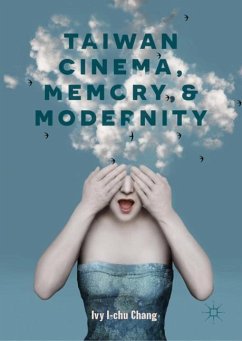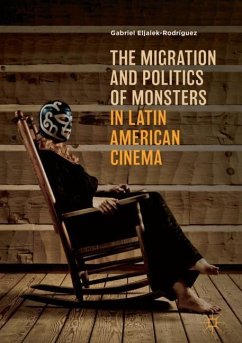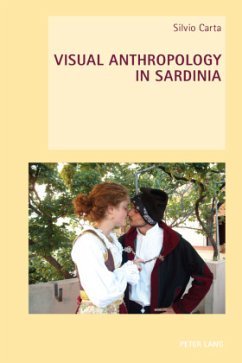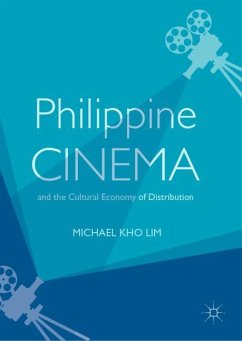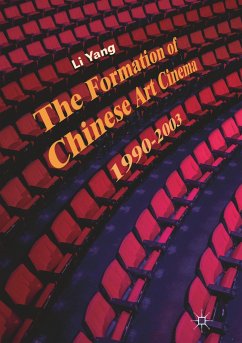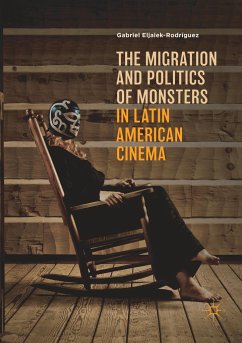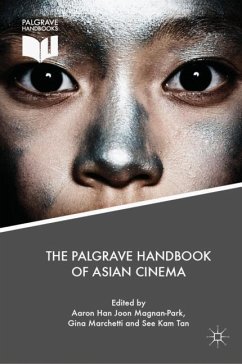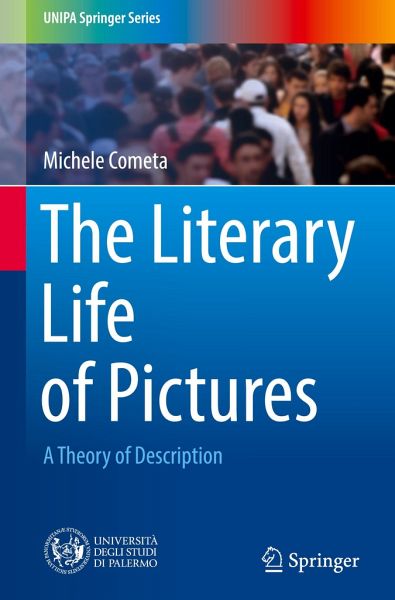
The Literary Life of Pictures
A Theory of Description
Versandkostenfrei!
Versandfertig in 6-10 Tagen
76,99 €
inkl. MwSt.
Weitere Ausgaben:

PAYBACK Punkte
38 °P sammeln!
This book offers a theory of ekphrasis-the literary description of an artwork-from the perspective of Visual Culture studies. A theory of ekphrasis must take into account not only the rhetorical strategies articulated in the description of artworks, but also the complex interplay that holds together the pictures that are described, the gazes that rest on them, and the dispositives that mediate them. It is therefore a matter of linking the study of the verbal rhetoric with the dynamics that are established between the author, the reader, and the visual artworks, real or fictive, as well as the ...
This book offers a theory of ekphrasis-the literary description of an artwork-from the perspective of Visual Culture studies. A theory of ekphrasis must take into account not only the rhetorical strategies articulated in the description of artworks, but also the complex interplay that holds together the pictures that are described, the gazes that rest on them, and the dispositives that mediate them. It is therefore a matter of linking the study of the verbal rhetoric with the dynamics that are established between the author, the reader, and the visual artworks, real or fictive, as well as the performative aspects of description and the mediascapes that, from time to time, condition the gaze and the visual experience of the authors and the readers. This book proposes thus to consider both the intradiegetic aspects of description and the extradiegetic ones that condition its verbal texture. Following the rhetorics of ekphrasis throughout the Western tradition, from its origins in Philostratus, its reappraisal by Johann Joachim Winckelmann, to the twentieth-century avant-garde, this book shows how ekphrastic techniques are historically determined by the relationship between pictures, gazes, and dispositives.





